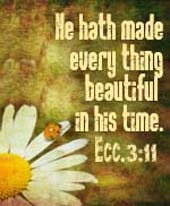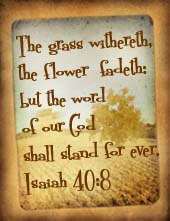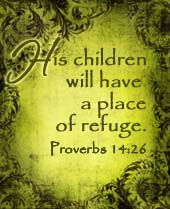Less is More: R-E-S-P-E-C-T
Suze has good news for Jose and Jill. Thanks to years of financial planning and diligent savings, she says they can continue their cross-country adventures for years to come. "This is a couple that’s done everything right," Suze says. "They have a serious sum of money in both of their retirement accounts. They just didn’t want to touch it. They have money coming in…there is so much money there that as long as they continue to live like this, they're fine."
How did Jose and Jill put away such a sizeable sum? For five years, Jill says they lived off Jose’s salary and banked her income, which Suze says is the greatest decision they made. They also spent years researching their retirement plan. "From a financial planning perspective, we kind of did the budget," Jill says. "We did the spreadsheet and we said what’s inflation going to cost us? What’s our rate of return going to be? What are we going to pay for fuel? What are we going to pay for food?"
Suze says more families should follow Jose and Jill’s lead. "Fabulous, fabulous, fabulous, you two. You are seriously on the financial road for the rest of your lives."
That’s wonderful financial news for the two of them. But what does that have to do with simple living? On the program Suze makes a profound comment. (Not found on the web site.) She looks around the RV and notices how very organized and clean it is. I must admit, it did look amazing! She then told Oprah that she bets that every cabinet, drawer, and closet has just what is needed…all in order. Oprah took her challenge and with Jill’s “okay,” Oprah began looking in every cabinet, drawer, and bathroom to see if what Suze said was correct. Sure enough it was.

Then Suze said something I will never forget. She said (and I’m paraphrasing) that those who are in debt are disorganized, in contrast to people who respect their money and their financial future. She said that the issue is all about respect. If you respect your money, then what you buy you will take care of. If you are in debt because you have maxed out on credit cards and need serious financial intervention, her research shows that the “stuff of life” is not treated with respect and those material goods end up disorganized and cluttered.
At that point I believe tears were rolling down my eyes. Suze had uncovered an incredible truth. In these uncertain economic times, how much respect to we treat our finances? Are we willing to continue to live as if nothing has changed and buy according to our emotions? Will we continue to treat our material goods with the same disrespect and will the clutter continue?
I challenge you to look deep within and see if there is room for growth and change. This is a great day to re-examine what you believe about your relationship to money. I pray God deepens your insight. As I continue to uncover these truths regarding simple living, I am seeing that it is so much more than dealing with our material world. It affects every area of our decisions. What and how we spend says a lot about what we value and respect and how we treat our possessions says a lot about our relationship and respect to the money God has entrusted to us.
~Eileen Koff, CPO


 Instinct overcomes the creature and willingly, in the course of its time, it locates just the right spot to spin and dangle in darkness. When the chrysalis is complete it shuts itself up and begins a transformation that culminates in a life and death struggle for freedom. For transformation to occur...struggles always ensue. The lowly caterpillar is no exception. The following story illustrates what happens to the butterfly when the struggle was cut short...when the battle for freedom was taken up by outside forces:
Instinct overcomes the creature and willingly, in the course of its time, it locates just the right spot to spin and dangle in darkness. When the chrysalis is complete it shuts itself up and begins a transformation that culminates in a life and death struggle for freedom. For transformation to occur...struggles always ensue. The lowly caterpillar is no exception. The following story illustrates what happens to the butterfly when the struggle was cut short...when the battle for freedom was taken up by outside forces:









